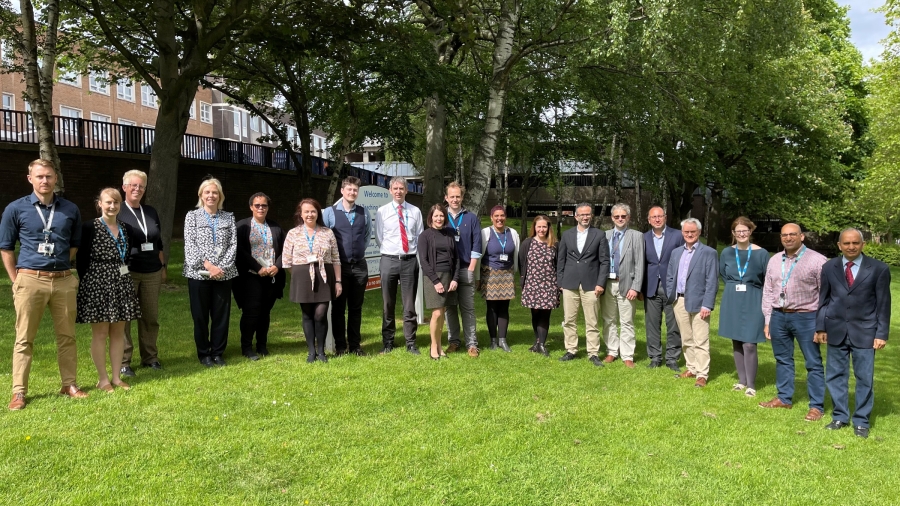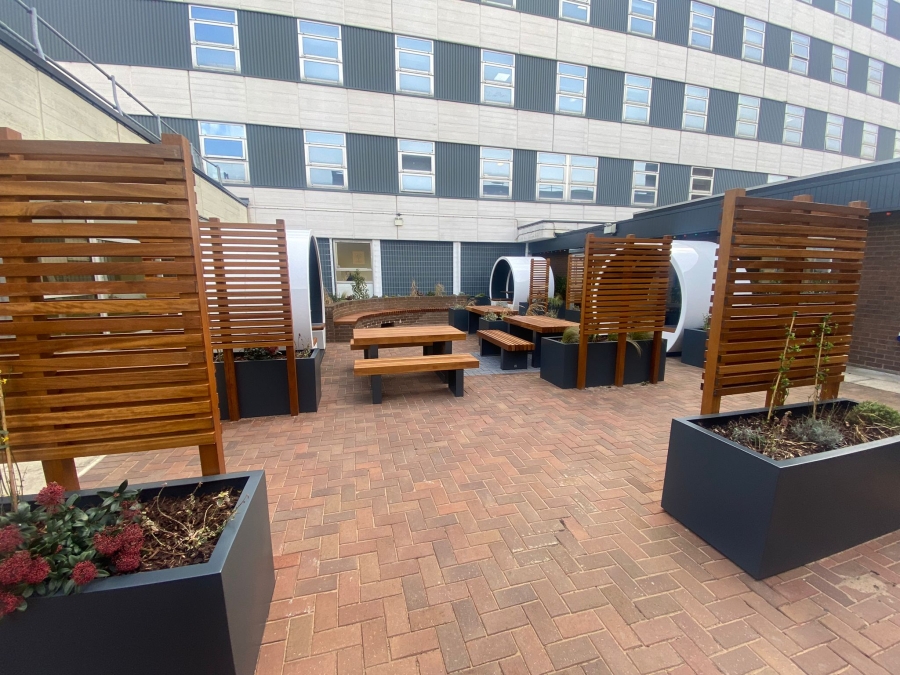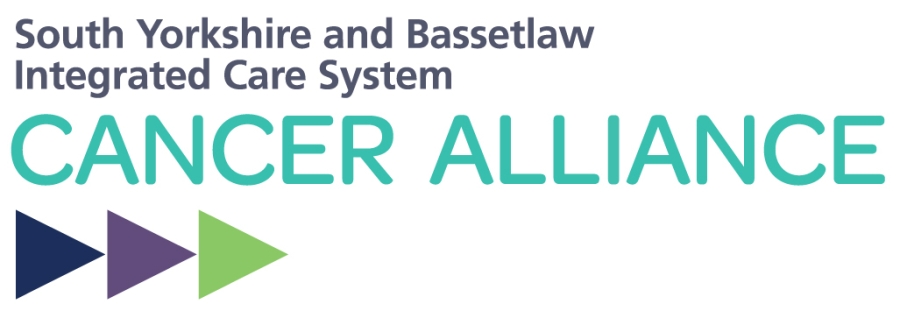Transforming Primary Care
The most ambitious plans in a generation are transforming Primary Care, offering patients with diverse needs a wider choice of personalised, digital-first health services than ever before.
In the past few years in South Yorkshire and Bassetlaw GP access at evenings and weekends has been extended, new primary care nursing roles have been introduced and GP appointments have been freed up with the introduction of 825 Primary Care Navigators.
The largest recent development in Primary Care in South Yorkshire and Bassetlaw, as elsewhere in the country, has been the establishment of Primary Care Networks. Since the NHS was created in 1948, the population has grown and people are living longer. Many people are living with long term conditions such as diabetes and heart disease or suffer with mental health issues and may need to access their local health services more often. To meet these needs, GP practices are working together with community, mental health, social care, pharmacy, hospital and voluntary services in their local areas in groups of practices known as primary care networks (PCNs).
PCNs build on existing primary care services and enable greater provision of proactive, personalised, coordinated and more integrated health and social care for people close to home. Clinicians describe this as a change from reactively providing appointments to proactively caring for the people and communities they serve.
South Yorkshire and Bassetlaw has a long history of practices working together, supported by GP Federations and other primary care providers, which has helped with the development of 31 Primary Care Networks (PCNs). The networks will use data analysis to understand the population better and develop support and services around people's needs.
Neighbourhood teams within PCNs are delivering joined up care and supporting people to stay or recover at home. Many are testing new ways of working within the community.






